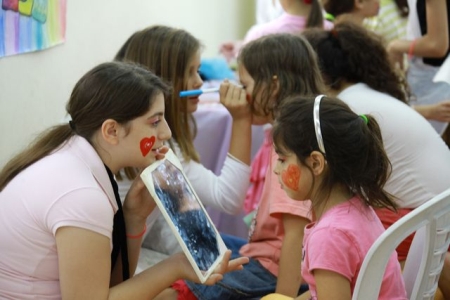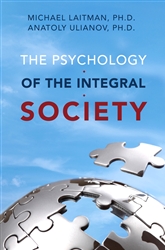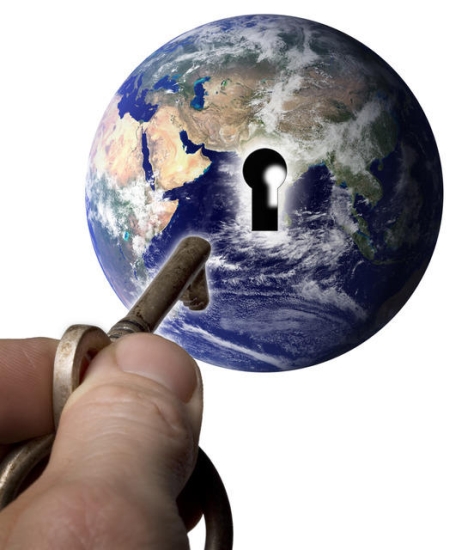
Dr. Anatoly Ulianov: When a person creates a certain new facet within himself, he discovers how multi-faceted he is. How many facets can there be in a person? And at what age can this be taught to a child?
Dr. Michael Laitman: This cannot be taught to very young children because the “herd feeling” is not expressed in them before the age of 3. Until age 3 their little individuality does not imagine that there is someone else outside of them, with other needs. At that age a child does not communicate and is aimed only at reception.
But between the ages of 3-6, children develop the rudimentary understanding of bestowal and interaction. Between ages 6-9, this understanding is strengthened and remains that way for the rest of their lives. During this delicate age, Nature offers us a unique opportunity to instill in a child the right attitude toward the environment.
Dr. Ulianov: Is it possible to teach this to a child through acting?
Dr. Laitman: This is what we are trying to do. We understand that this act has to be two-sided. And I want children to be taught the skill of acting in the framework of our educational association.
We have to show a child that it is possible to come out of himself and ascend above his own qualities. At first, children can tune out of their problems and worries in this way. And later we teach them a different role. A child is like an actor with his or her own inner world: First he learns the role that he has to play, and then he starts playing it. Why? A person creates his own inner image of the other person and studies how to interact with it correctly, learning to enter the reality of the other person.
To this end it is good to teach children the art of acting professionally. In our studies children are already playing these roles, trying to enter the characters of their friends. That way they start to understand each other better and become part of something common. The shared character of the whole group starts to live in every one of them.
Dr. Ulianov: Is it best for a child to act out the character of one of their friends specifically, or is it also possible to work with other images that are more removed from them?
Dr. Laitman: It’s necessary to work on all of the phenomena in the children’s field of vision.
The above points were taken from the book The Psychology of the Integral Society by Dr. Michael Laitman and Dr. Anatoly Ulianov. Also available as eBook (PDF, Kindle & ePub formats).






